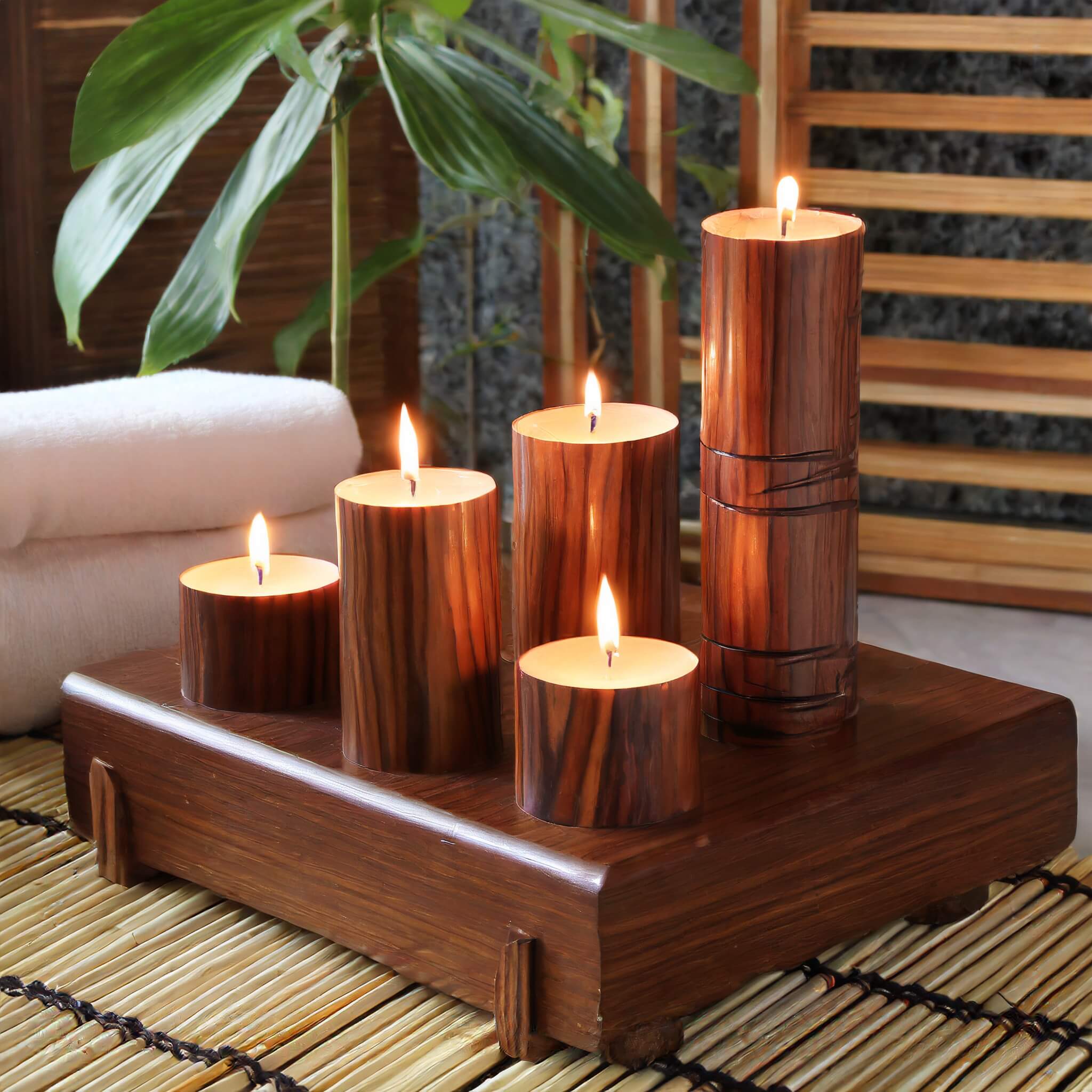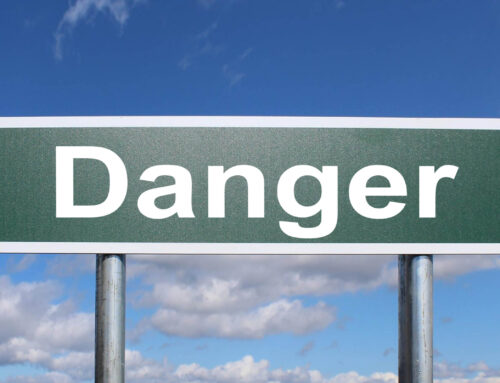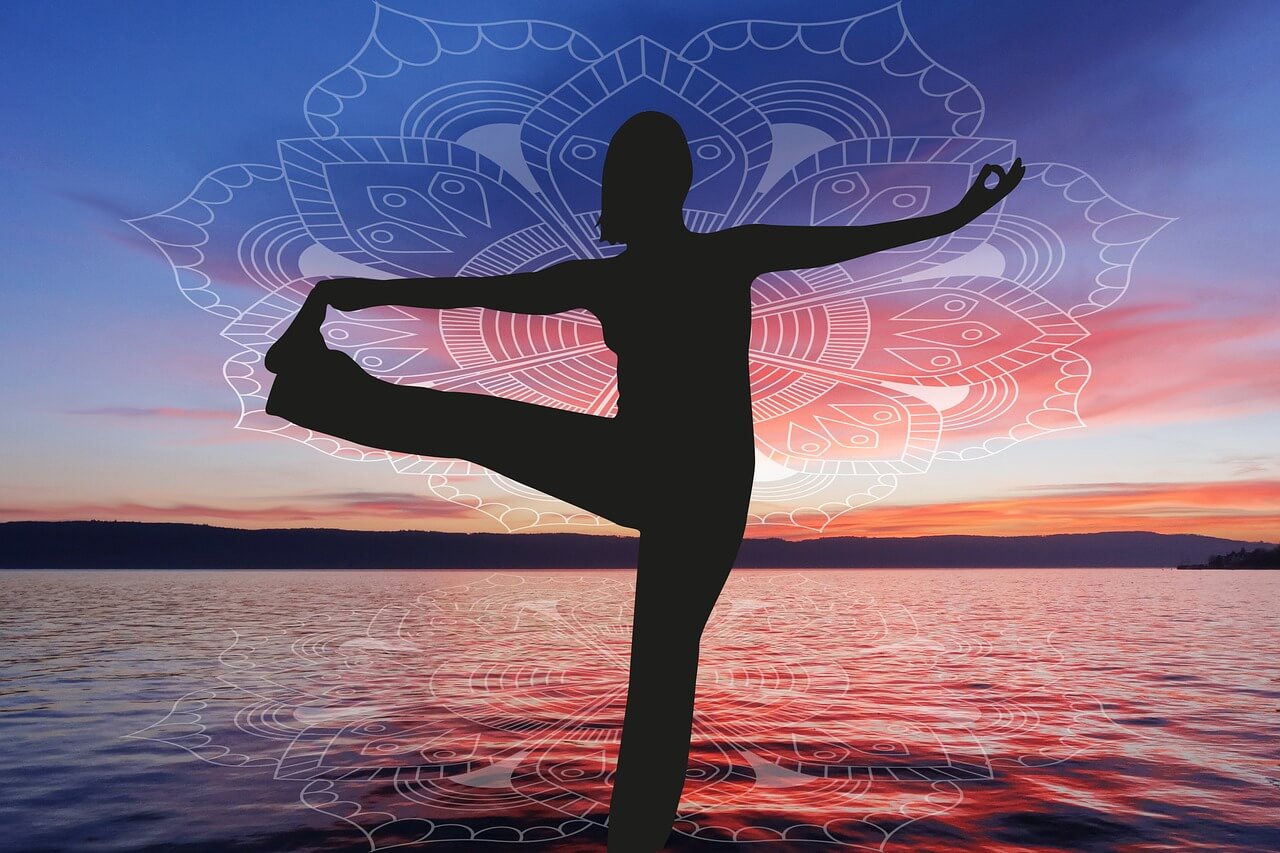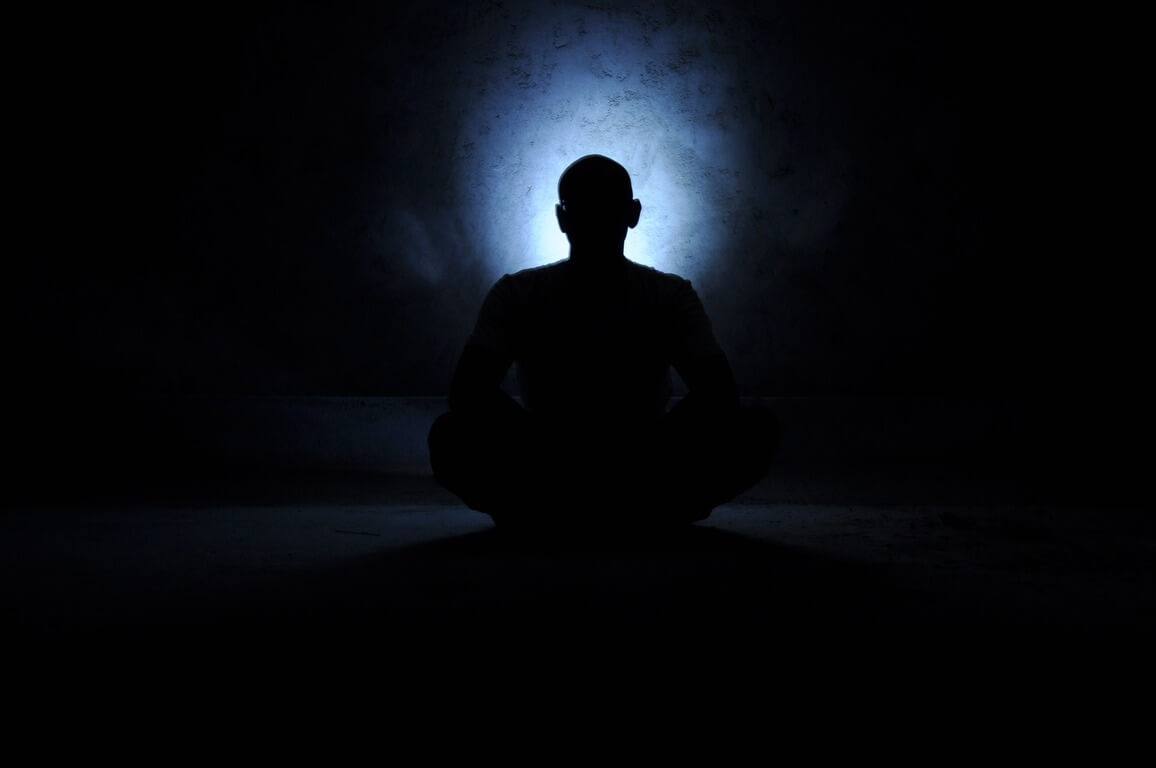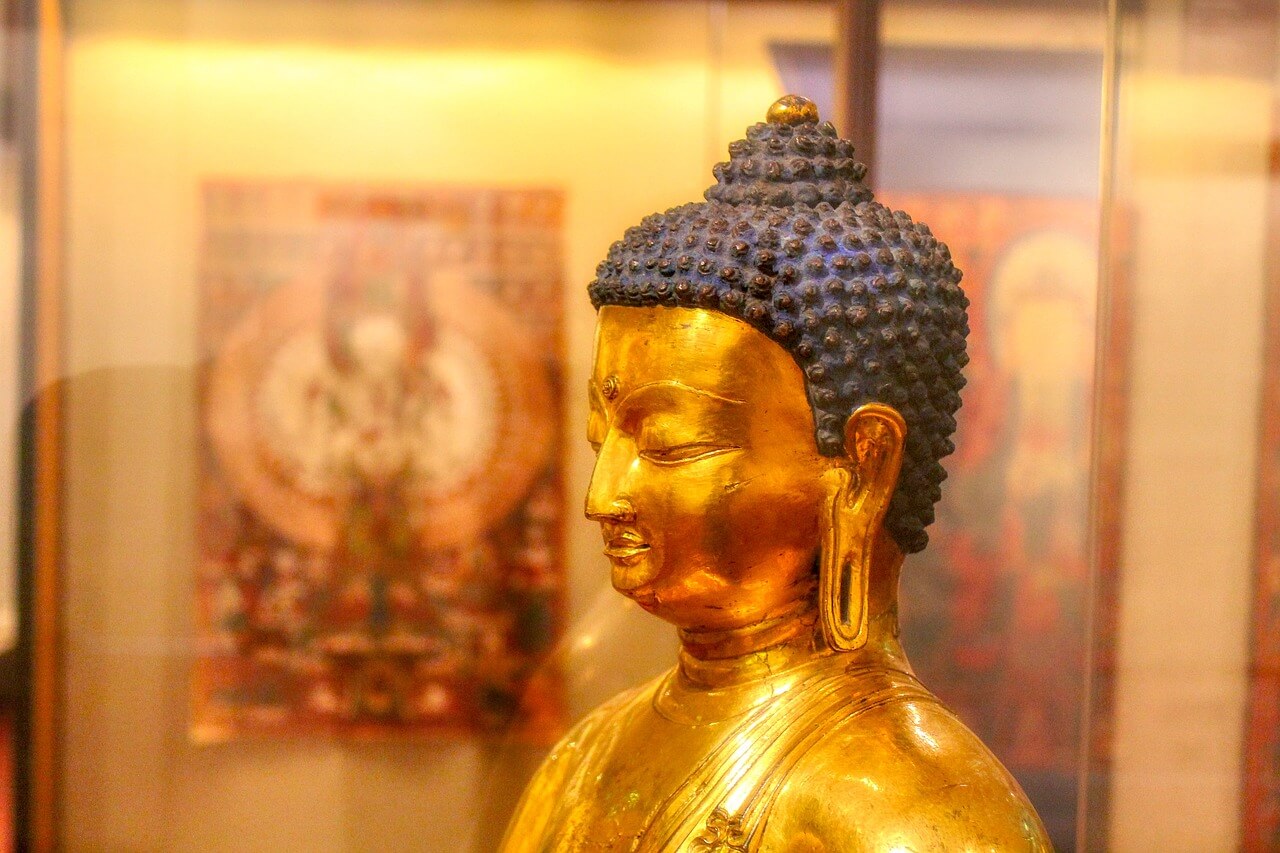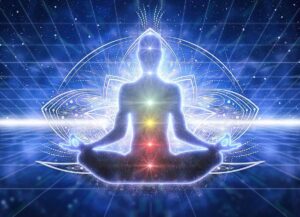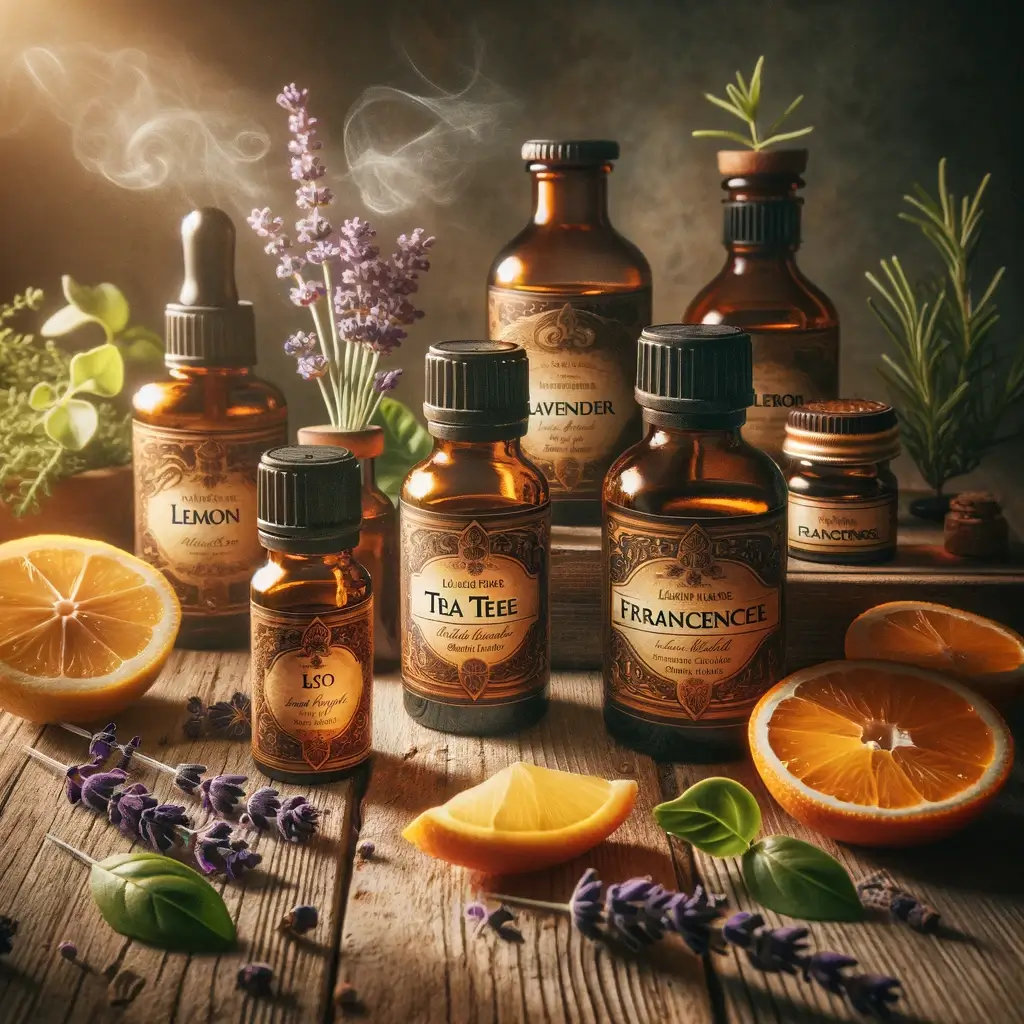
Essential oils are concentrated plant extracts that retain the natural smell and flavor, or “essence,” of their source. They are obtained through distillation (via steam and/or water) or mechanical methods, such as cold pressing. Once the aromatic chemicals have been extracted, they are combined with a carrier oil to create a product ready for use.
The unique aromatic compounds give each essential oil its characteristic essence. Essential oils are commonly used in aromatherapy, a form of alternative medicine that employs plant extracts to support health and well-being. They are also used in a variety of other products, including candles, as mentioned, for their fragrance and potential therapeutic properties. Essential oils must be handled with care, as they can be potent and cause reactions in some people. It’s important to use them according to guidelines, especially when applying them to the skin or incorporating them into products for inhalation.
Embark on a sensory journey as we explore the myriad of benefits offered by essential oils. These concentrated botanical treasures are not just fragrant; they are a key to unlocking holistic well-being. Dive into the essence of nature’s pharmacy and discover how these oils can enrich your daily life.
The Essence of Essential Oils Derived from the very life-force of plants, essential oils are used in everything from aromatherapy to natural healthcare. Their applications are as diverse as their scents, each with properties that have been tapped into for centuries across cultures and continents.
Scientifically-Proven Benefits Clinical studies reveal that certain essential oils, such as lavender, have significant effects on alleviating anxiety and improving sleep quality (Journal of Alternative and Complementary Medicine, 2013). We’ll delve into how these findings translate into everyday uses for essential oils.
Integrating Essential Oils into Your Routine Incorporating essential oils into your life can be simple, from diffusing oils for a calming ambience to adding them to skincare routines for their therapeutic properties. Learn how to safely and effectively make essential oils a part of your daily practices.
The Purity of Oils and Their Potency Not all essential oils are created equal. The purity of an oil greatly affects its potency and safety. We discuss how to identify high-quality oils and why investing in pure, sustainably sourced oils is crucial for maximum benefit.
Essential Oils and Environmental Responsibility The boom in essential oil popularity brings a responsibility to ensure sustainable and ethical sourcing. Highlighting brands that prioritize the environment not only supports ethical practices but also ensures you’re using oils that are as good for the earth as they are for you.
Essential oils are more than just pleasant aromas; they are a link to the natural world and its healing power. Embracing their use with respect and knowledge can lead to a more balanced, healthful, and aromatic life.
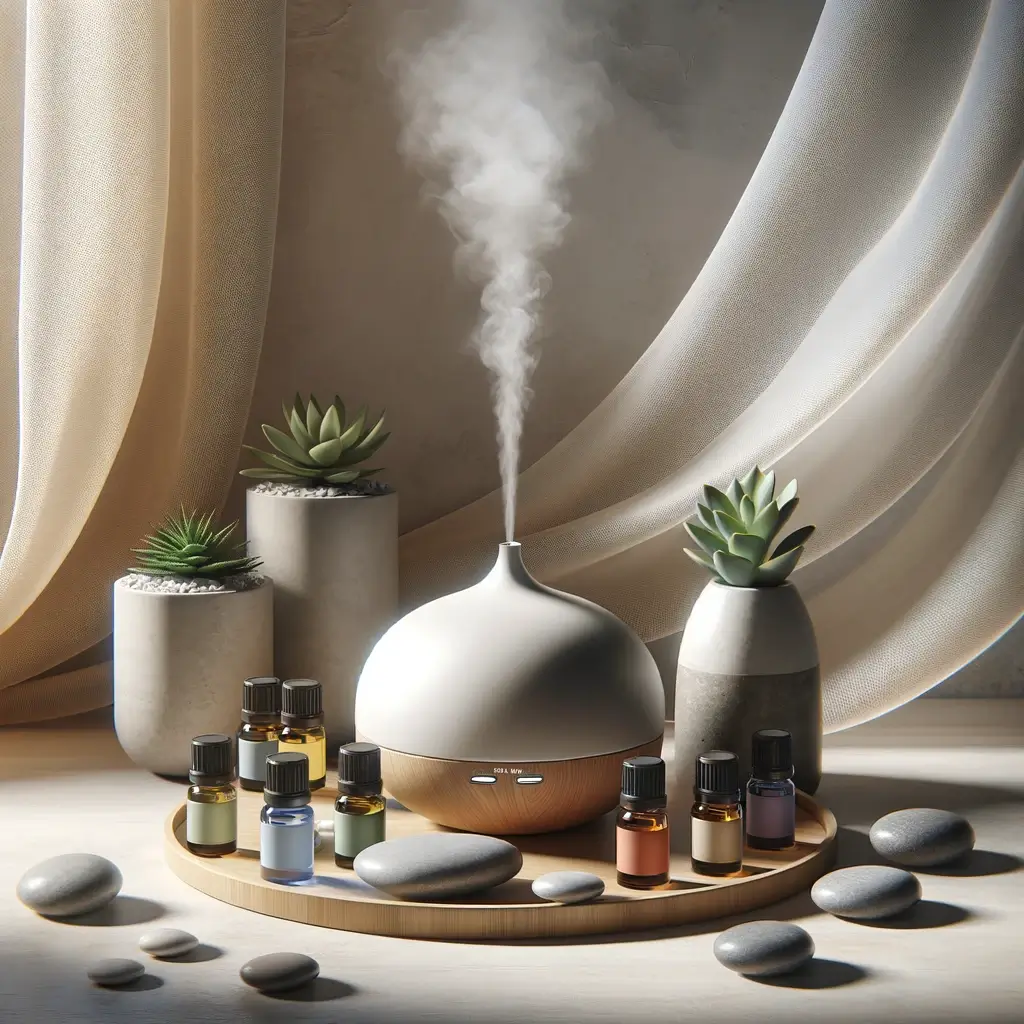
The journey of essential oils from ancient vials to modern bottles is a testament to their enduring legacy in health and wellness. As we embrace these natural extracts in our quest for well-being, we find that sometimes, the best way forward is to take a step back to the wisdom of the past.
Aromatherapy
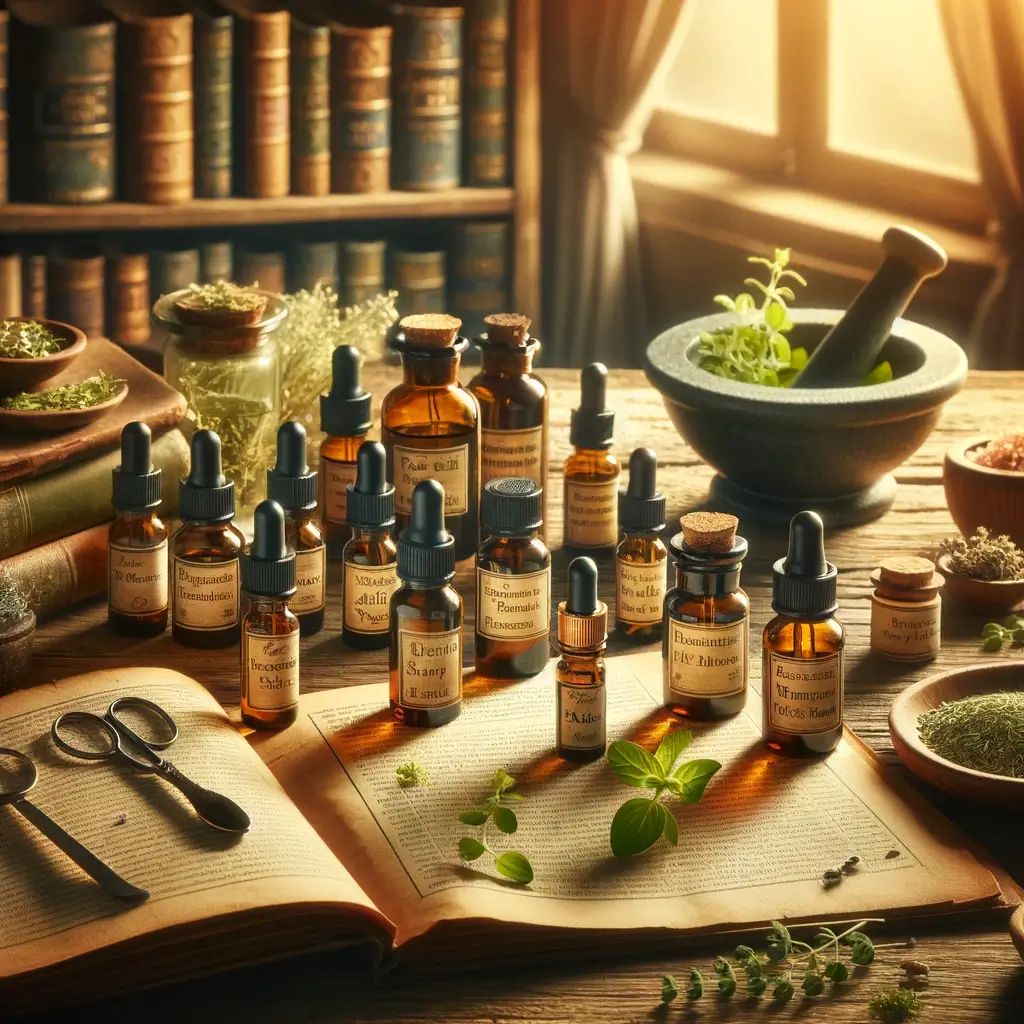
Aromatherapy, an age-old practice, harnesses the essence of plants for healing and well-being. Central to this practice are essential oils—nature’s own concentrates, each with a unique profile of therapeutic effects. Explore the intersection of nature and health through the lens of essential oils in aromatherapy.
The Roots of Aromatherapy Trace the history of aromatherapy from ancient civilizations to modern-day wellness. Discover how the concentrated power of essential oils has been tapped for centuries to promote physical, emotional, and spiritual health.
Scientific Backing of Aromatherapy Delve into the science behind the scents. Research has shown that the inhalation of essential oils can lead to an array of health benefits, including reduced anxiety and improved sleep patterns (Evidence-Based Complementary and Alternative Medicine, 2012).
Choosing Your Essential Oils Not all oils are created equal. Learn how to select the right essential oils for your aromatherapy needs, focusing on purity, origin, and extraction methods to ensure maximum efficacy and safety.
Essential Oils for Common Ailments From peppermint’s invigorating effects to chamomile’s soothing properties, explore which essential oils are best suited for common ailments like headaches, insomnia, and stress.
The Safe Use of Essential Oils While essential oils are natural, they are also potent. This section offers guidelines on the safe use of essential oils in aromatherapy, including dilution ratios, application methods, and potential interactions.
DIY Aromatherapy Blends Empower readers with simple, effective recipes for creating their own aromatherapy blends. Share the secrets to crafting harmonious combinations for diffusers, massages, and bath additives.
Conclusion: Aromatherapy with essential oils is more than just pleasing aromas; it’s a holistic approach to wellness. By understanding and respecting the power of these oils, you can unlock their full potential in your health regimen.
Alternative Therapies
Essential Oils in Holistic Health Practices
The pursuit of wellness has always been at the heart of human existence. Across centuries and civilizations, essential oils have been pivotal in the journey towards health and balance. Today, as we find ourselves revisiting the wisdom of the past, essential oils are emerging as a cornerstone in alternative therapies and ancient health practices, offering a bridge between the traditional and the modern.
Historical Context: The Roots of Aromatherapy
The use of essential oils can be traced back thousands of years, with roots in ancient civilizations like Egypt, China, and India. These cultures understood the power of aromatic plants and used them in rituals, medicines, and daily life. For instance, Egyptians utilized essential oils for embalming and therapeutic massage, while Ayurveda, the traditional Indian system of medicine, has long incorporated essential oils for their healing properties.
Scientific Evidence: The Research Behind the Remedies
In alternative medicine, anecdotal evidence is often abundant, yet scientific research is catching up to validate the long-held beliefs about essential oils. A study published in Evidence-Based Complementary and Alternative Medicine highlighted that lavender oil has anxiolytic effects, which can alleviate anxiety (Koulivand, Ghadiri, & Gorji, 2013). Similarly, peppermint oil is noted for its gastrointestinal benefits and has been recognized by the British Medical Journal for its role in treating Irritable Bowel Syndrome (Cappello, Spezzaferro, Grossi, Manzoli, & Marzio, 2007).
Practical Advice: Incorporating Essential Oils into Daily Life
The integration of essential oils into daily life can be both simple and transformative. Here are some practical ways to use them:
- Aromatherapy Diffusion: Add a few drops of essential oils like lavender or chamomile to a diffuser to promote relaxation and sleep.
- Topical Application: Mix essential oils with a carrier oil for a soothing massage. Eucalyptus oil, for instance, may relieve muscle pain when applied topically.
- Inhalation: Inhale the steam of essential oils like peppermint to aid in clearing respiratory passages.
Remember to perform a patch test to ensure you don’t have an allergic reaction to a new essential oil.
DIY Tips: Crafting Your Own Essential Oil Blends
Creating your own blends can be a rewarding way to personalize your health regimen. Start with understanding the notes of essential oils—base, middle, and top—and how they interact. For example, blending the grounding aroma of sandalwood (base note) with the sweet middle note of rose, topped with a refreshing citrus note like bergamot, can create a balanced and harmonious effect.
The Way Forward: Essential Oils in Modern Healthcare
As the interest in alternative and complementary medicine grows, essential oils are gaining recognition as a legitimate option for a variety of health concerns. The future of health may well be an integrative one, with essential oils playing a significant role alongside conventional medicine.
For deeper engagement, readers can explore related articles on the health benefits of specific essential oils, DIY recipes for home remedies, or the history of aromatherapy across different cultures on our website.
Essential oils have become a hallmark of handcrafted candles, infusing them with not just fragrance but an aura of natural vitality. When used in candle making, these concentrated botanical extracts offer a cleaner, more authentic scent profile than synthetic fragrances. This is due to their derivation from plants, flowers, and herbs, through processes like distillation or cold pressing, capturing the very essence of the plant. Lavender, for instance, can imbue a room with a calming atmosphere, while citrus notes like lemon or bergamot energize and uplift. For candle enthusiasts, the allure of essential oils lies in their ability to create a multi-sensory experience; the warm glow of the candle complements the therapeutic aromas, enhancing mood and ambiance with every flicker and whiff.

